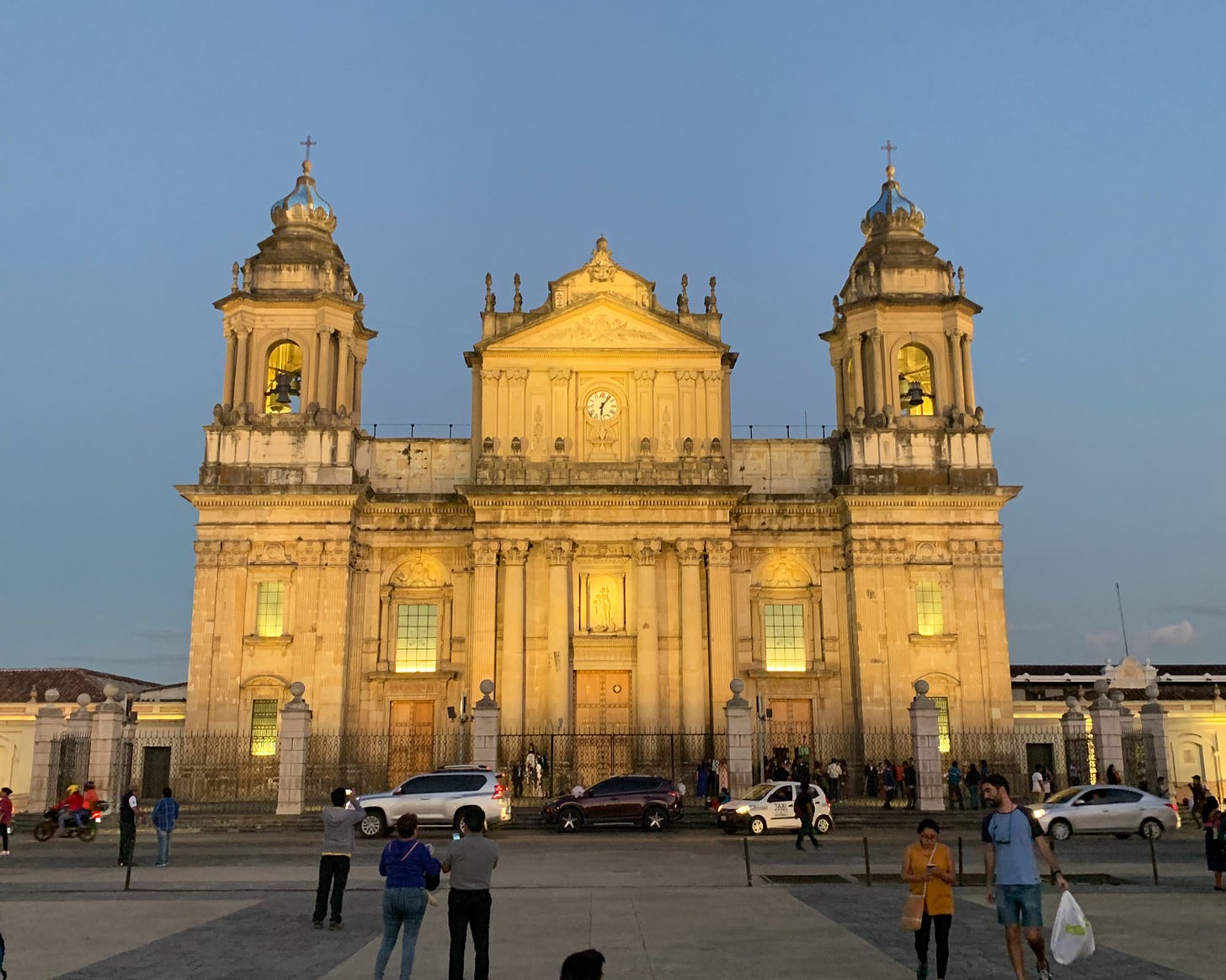I grew up in a very traditional evangelical Guatemalan family. My mom’s side has a long history of people who have worked in ministry. As a child, I heard stories of my aunts and uncles who were missionaries in Costa Rica, Venezuela, and Spain. My mother was a New Testament biblical scholar, and one of my closest uncles is a pastor and Semitic languages professor at a local seminary in Guatemala.
According to the stories I gathered from my mom before she passed, she was the first one of eight kids to become evangelical. When she was a little kid, somebody invited her to a vacation Bible school at a small baptist church started by missionaries from the South of the United States. She heard the Gospel story presented on a flannel board, and she decided to become a born again Christian. A few days later, she invited my grandmother to the small baptist church and Abuela Tuna also became an evangelical.
This created a deep tension within my mom’s family because my grandfather, a man I loved dearly, was a Catholic. As my mom grew older, she felt called to Christian ministry. When she decided to enroll in seminary, my abuelo vehemently opposed her desire to follow that path in life. She started seminary without him knowing. Not too long after she started classes, a professor from the United States heard about the tensions within my mom’s family and encouraged her to come clean and ask for my grandfather’s blessing. From what I heard, it was a difficult yet heartfelt conversation. Abuelo allowed her to follow her heart and even paid for her studies through seminary. My abuelo, however, swore that he would never set foot in an evangelical church, because the God of protestant religion took his kids away.
Many other things happened within my extended family resulting from this religious disunion. There is one that sticks out in my mind. I grew up hearing that if abuelo did not repent from his sins he would end up in hell. I also heard different family members say that his smoking habit was a sign that he had not accepted Jesus as his personal Lord and Savior.
My extended family is the perfect example of what happens in a context with deep religious wounding (I touch on it with more depth in my book A Human Catechism). Many people who know my family interpret our story as an amazing witness of faithfulness to the Gospel by my mom and her siblings. I think that there may be a glimpse of truth in that. I believe, however, that the tension and the pain my family experienced was completely unnecessary, for it was the result of a numeric understanding of God.
There is a history of religious divisions in Guatemala, but I will not take the time to get into the historical divisions between Catholics and Evangelical Christianity, let alone the many Evangelical denominational feuds. What I can say is that Guatemalan society has fallen prey to the myth of God being One in numeric terms, not one as in a unifying divine force. For that reason, each one of the different streams of Christian spirituality that run through the Guatemalan context see themselves as sole guardians of God and the truth. We tend to see each other as foes. When in reality, we are one big extended family.
The religious disunion in my context is the result of politics and tribalistic theologies. It is the consequence of petty theological arguments that have been blown out of proportion. It is also the result of political and social rivalries that have taken root in the Guatemalan church. There is a history of division that needs to heal so we can see all streams of spirituality as part of the extended family of God.
It has taken me a couple of decades to do the work of opening myself to other streams of spirituality, not only the Christian ones. In doing so I have learned that our religious wounding is something we ought to heal. We all have the right to our own beliefs. Yet, we can come together for the sake of the most vulnerable believing in the universal and inherent dignity of all humans. The religious disunion impacts and wounds real people and families to this day, so healing it is a family affair.




Es interesante lo que propones aquí, con Hannah hemos hablado mucho en los últimos años sobre nuestra experiencia familiar (ella es hija de misioneros) y como eso nos ha marcado en nuestra espiritualidad. Crecimos teniendo todas las respuestas y ahora estamos llenos de dudas. Gracias por compartir esto.